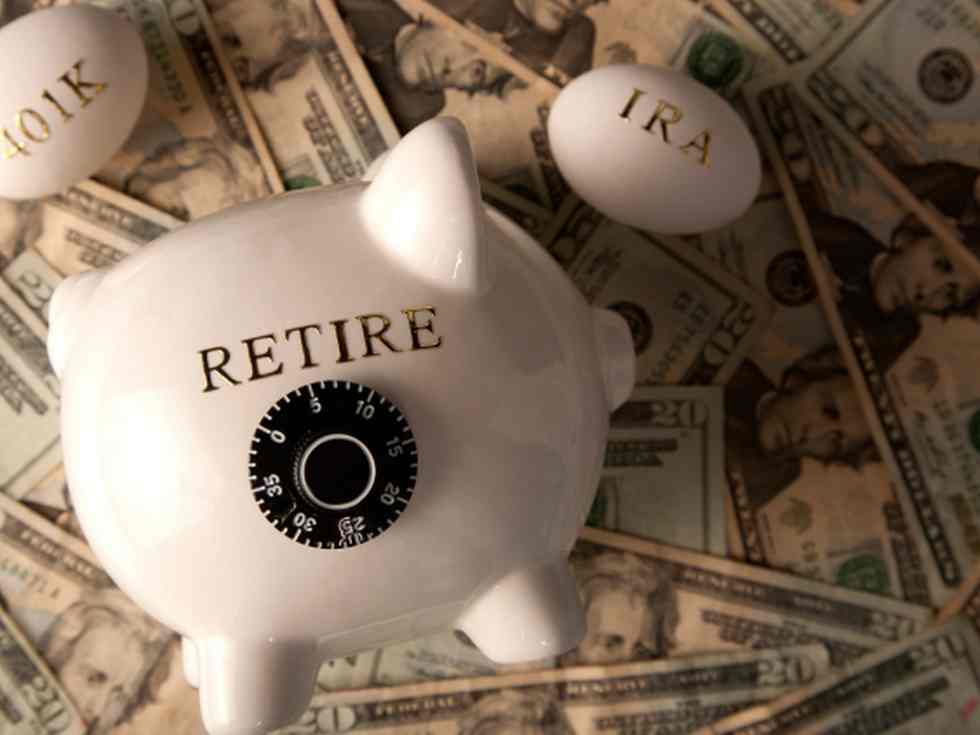If the tortoise and the hare have been traders, their investing types can be fairly apparent. The tortoise would purchase "worth" shares, and the hare can be a "development" inventory investor.
Worth shares are sometimes cheaper, undervalued shares of firms that nonetheless have long-term earnings potential. In the meantime, development shares are inclined to give attention to sectors comparable to expertise or well being care, the place extra fast appreciation and worth to earnings ratios are frequent.
Every presents a unique timeline for traders, who could differ of their danger capability. Are you a tortoise or a hare — a worth or development investor? Take our quiz:
1. Can You Wait 31 Years?
Should you plan to stay absolutely invested for a very long time, you are prone to win the race — because the tortoise does in Aesop’s fable — with a gradual and regular method as a worth investor.
In a comparability of worth and development inventory market indexes by Wiley World Finance, the 31-year annualized return of growth-oriented large-cap U.S. shares was 9.91%, whereas comparable value-oriented indexes outperformed them with a mean return of 11.66%.
An preliminary $10,000 funding would develop to $187,071 with the expansion shares, and $305,169 with the worth shares. In different phrases, long-term returns have been 63% higher for the worth shares.
2. Do You Wish to Be A part of the "In" Crowd?
Should you get pleasure from speaking with coworkers and associates in regards to the newest tech inventory to procure (and hopefully profited from in a giant approach), then a development inventory is what you need. Should you’re prepared to take an opportunity on the following large factor, you then’re a hare.
Fb, Amazon, Netflix, and Alphabet (nee Google) are examples of firms with quickly rising income. These 4 firms have been anticipated to have annual income beneficial properties of 23%–40% over the past three months of 2015, in response to Bloomberg knowledge within the New York Occasions.
Alternatively, ageing firms comparable to Cisco, Oracle, and Intel are worth shares that won’t develop as quick in worth as development shares.
3. Do You Thoughts Paying Extra for a Inventory?
Should you do not thoughts paying extra for a inventory that’s anticipated to develop shortly, then a development inventory might be value your cash.
But when the considered doubtlessly overpaying makes you nervous, you then’re a worth investor who would fairly get a deal on an undervalued inventory.
One approach to decide in the event you’re overpaying or getting a deal is to have a look at price-to-earning ratios, or the P/E ratio.
A inventory might be a worth inventory if it has a decrease price-to-earnings ratio, that means it has a lower cost per share relative to the corporate’s earnings per share. However take observe: A low P/E ratio does not essentially imply a inventory is undervalued or a great purchase — it might simply imply it is a unhealthy inventory. You may want to grasp whether or not the corporate’s long-term prospects are higher than its low P/E ratio suggests with the intention to decide whether or not it is a worthy purchase. In contrast, development shares have larger P/Es and thus the next worth per share as a result of the inventory worth is predicted to develop quicker.
Netflix, for instance, had a latest P/E of 301.4. Oracle had a P/E of 17.17.
4. Do You Plan to Make Vital Withdrawals From Your Portfolio Quickly?
If in case you have main bills comparable to shopping for a house or paying for school within the subsequent 5 years, you then in all probability do not wish to be a worth investor.
Whereas worth shares are recognized for outperforming over the long run, they’re prone to underperform the marketplace for shorter intervals. Worth firms can face gradual development and presumably declining revenues and earnings over the brief time period, inflicting their worth to drop over just a few years.
Whereas development shares are not any assure of a short-term revenue, they’re extra prone to result in it than worth shares are.
Planning for big, fast earnings from the inventory market is dangerous. Should you count on to wish that cash throughout the subsequent 5 years, then not less than a mixture of worth and development shares or one other kind of funding could also be one of the best route.
Figuring out in the event you’re a tortoise or a hare — a worth or development investor — is a private alternative that may largely be based mostly in your danger tolerance. A lot of these investments do not often go up collectively on the identical time — one will often rise whereas the opposite drops — so a long-term plan and a mixture of each might flip your portfolio right into a hybrid of the tortoise and the hare.
Aesop might not be so keen on such a mix, however your funding portfolio would possibly thanks.
Are you worth or development?











